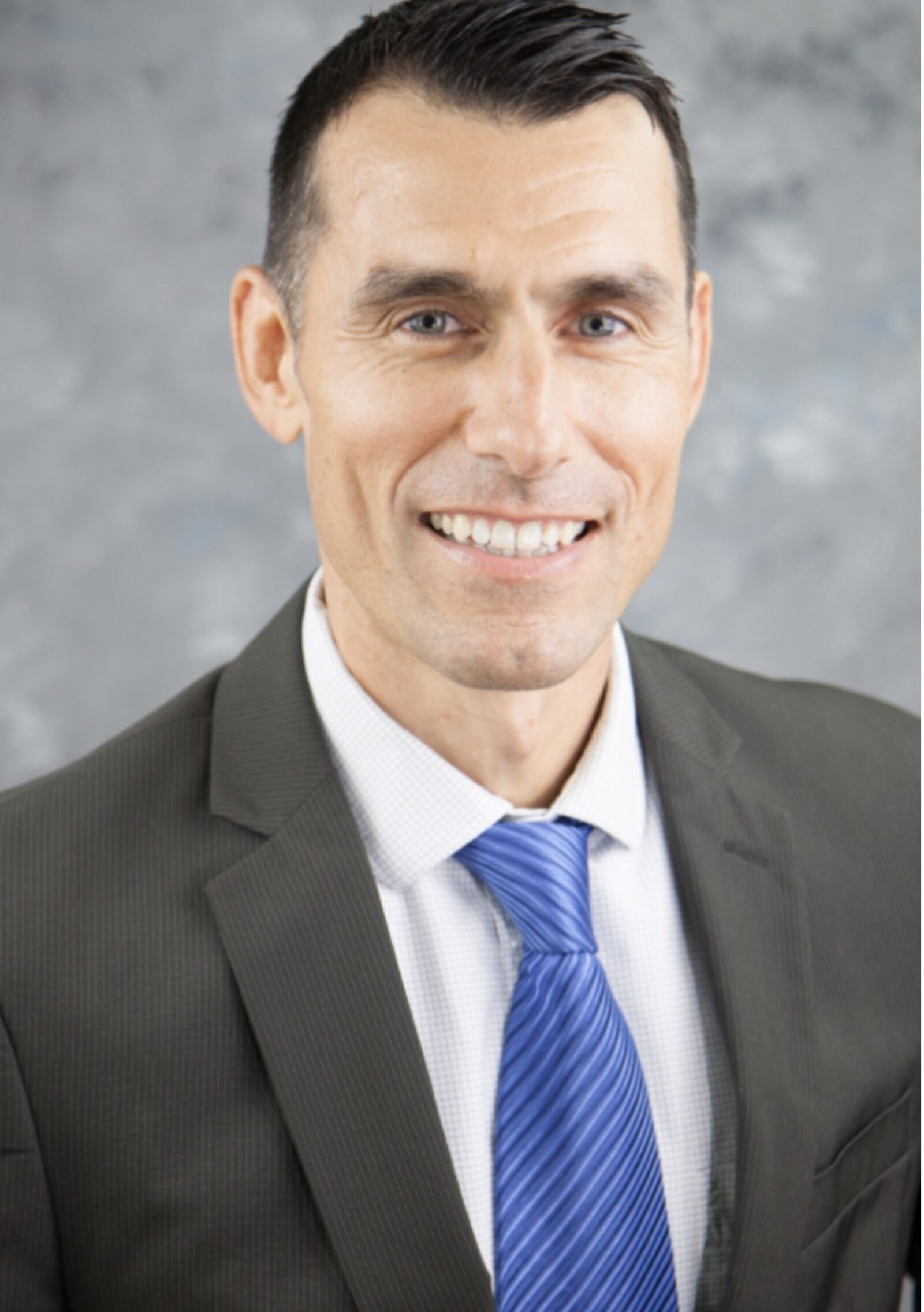By Frank Anthony Forza, Deseret News staff writer
PROVO — As the world’s best athletes single-mindedly work toward the 2002 Winter Games, Greg DuVal is diligently training for his own Olympic moment.
But unlike regimented world-class athletes, DuVal does not spend most of his days perfecting his sports technique, visualizing flawless biomechanics or adhering to strict diets and rest requirements. He doesn’t wake up at dawn and try to push his body to the brink of exhaustion, or all that it can handle. He has no illusions of an international dignitary placing a prestigious medal around his neck come 2002.DuVal, a 23-year Provo police veteran and lieutenant, hopes to grab his small piece of glory in quite different fashion: An Olympics where no spectators or athletes are hurt by terrorists or others seeking to undermine the collective goodwill the Games embody.
DuVal is the committee’s point man for security measures inside and surrounding Seven Peaks, slated as the only Olympic venue in Utah County for the 2002 Winter Games. Seven Peaks’ Ice Hockey Arena will host quarterfinal, semifinal and bronze medal play for women’s ice hockey, as well as some preliminary round games in the men’s field during the Games.
Guarding the facility’s interior, an outdoor Olympic Village on site and other strategic areas nearby will require around-the-clock staffing when the Games are held from Feb. 8-24 (2002), and perhaps in the weeks preceding the event, DuVal said. It is too large a safety task for the Provo Police Department, which consists of about 100 officers, to handle alone.
“One of the things we’re looking forward to is bringing in officers from outside of Utah,” said DuVal, who spends half of his work week dealing with Provo City police matters and the other half devising Olympic security plans. “We still have to provide (police) services for the community at an equal or greater level than normal because we’ll have a lot more people in the community for the Games.”
An estimated 3,500 law enforcement officials will be necessary to secure Olympic venue sites and villages statewide for the 2002 Winter Games. There are, however, only 3,200 police officers in the entire state of Utah. That means federal law enforcement agents, military personnel and police from surrounding states will also assist in security measures, as was the case with the 1996 Summer Olympics in Atlanta.
Exactly how many officers will be imported to Provo for security purposes, or how much money Provo will pay to cover the expenses of paying officers for costly — and necessary — overtime pay, is still being discussed, DuVal said. As Olympic security planners confront a mountain of safety-related questions and needs facing them, DuVal said Olympic Games of yesteryear yield the most fertile lessons.
“You look at what your predecessors have done and keep going backwards,” DuVal said. “There’s always criticism of every prior event. All we can do is try and learn from the past.”
During the Summer Games in Atlanta three years ago — where a bomb went off in a crowd near a concert site — DuVal believes planners and the city underestimated how many officers they needed. Yet DuVal is understandably mum about most specific aspects of security preparations and methods because he doesn’t want to tip his hat to prospective bad guys. In the end, DuVal said the Seven Peaks Ice Hockey Arena, which will seat up to 8,500 spectators, “will be about as safe as going into an airport.”
When some of the world’s most talented athletes come to Provo in 2002, DuVal envisions Games dominated by athletic achievement, not disaster. And he, too, may then reap the benefits of this once-in-a-lifetime event.
“It makes you feel good,” he said. “I’m helping these guys fulfill their dreams.”

